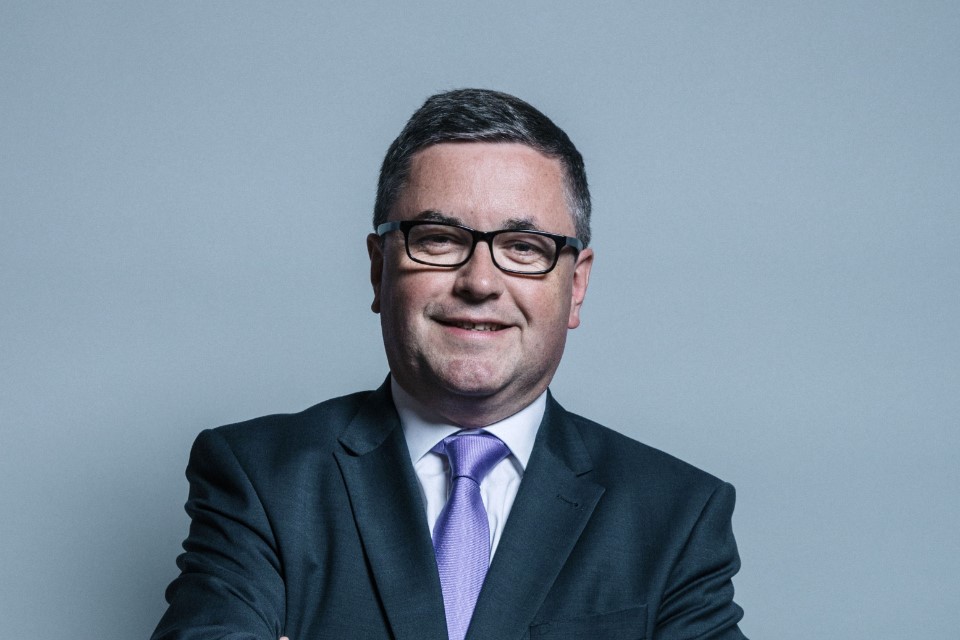
My lords, ladies, and gentlemen.
I want to start by expressing my gratitude to The Times and One Essex Court for continuing to organise and sponsor this competition. It is so important that we encourage and recognise the talents of the next generation of legal minds.
And what a great deal of talent there is.
As you can imagine, my job often requires large amounts of reading. Indeed, my private office places reams and reams of it into my red box every evening.
Now, I would never suggest for a moment that digesting those papers, often in very detailed legal language, ever becomes dense or tiresome…but, what I can say is that reading the essays submitted to this competition was a breath of fresh air…!
I was hugely impressed with the extraordinary quality of all the essays and it really was a pleasure both to read them and to chair the judging panel this year.
One thing I noted throughout was the willingness of the essayists to challenge the approach taken by government. That instinct to question people in power is entirely the right one and, though it may not always be comfortable for us, it is a feature of a functioning democracy that we are open to question.
The ability to do that is something the internet enhances and amplifies.
It is a conduit for the freedom of speech that is a cornerstone of our democracy. An open, vibrant online space can undoubtedly be a force for good - to educate, innovate, share ideas, and grow businesses.
However, when it is used to bully, abuse, and spread illicit material, we have a duty to act.
The terrorist who carried out the attack last month in Streatham had shared videos and bomb-making instructions online - no doubt hoping to gain support for the vile ideology to which he subscribed.
The challenge here is to strike the right balance between openness and safety. In doing so I think it's important that we consider principles first and whether there is a role for the government to play.
The parallel I would make is with the film industry.
It is an important sector both culturally and economically but I think we can all agree it is absolutely right that films are classified properly - so that children can be protected from adult themes and those who do not wish to view, for example gratuitous violence, can make informed decisions about what they watch.
The government works closely with the film industry and are satisfied that the sector is largely able to regulate itself.
In theory, at least, online content shouldn't be all that different - but agreement over the idea of regulation and a willingness from the sector to make it happen was not forthcoming. And though some efforts were made voluntarily by a number of providers, progress was too slow and advances were not embraced by the sector as a whole.
The government therefore had a responsibility to consider what steps it should take.
Many of the essays in this competition mentioned the government's Online Harms White Paper. We believe it sets out a new regulatory framework with a clear onus on platforms having a duty of care to keep users safe.
One of the themes that came up repeatedly in the essays was the dangers of a 'government controlled' regulator. I couldn't agree more.
That's why our proposed regulator would be independent of government, with the ability to set its own safety standards and reporting requirements.
Crucially it would hold significant powers of enforcement. As the government announced recently, we expect to appoint Ofcom, which has already demonstrated its ability to act as an effective regulator for the communications sector.
Our aim is to make the UK regulated internet space the safest and most trustworthy online space in the world.
But, of course, we recognise that the White Paper is just a first step. It is not a magic wand to make the internet a safer place. If we're going to make change that really works then it's crucial that we take our time. So, we are listening to the sector - and its users - and we will continue doing so as we put a framework of regulation in place.
Another of the themes that came up repeatedly in the essays was the challenge posed by regulating an entity that doesn't just exist within our jurisdiction, but the world over.
As in so many sectors, the UK has long been a world-leader in emerging technologies. Introducing a comprehensive system of online regulation would be a world first. In doing so we believe we can lead the way - innovating and finding out what works.
It is our hope that this strategy will lead to a unified global approach to regulation - one that underpins and safeguards the democratic values that we, and so many other nations, hold dear. Defending those principles was certainly a preoccupation for our essayists this year.
And that brings me onto our prizegiving. Our runners up this year are:
- Antonio Fanna
- Charlie Colenutt
- Talia Zybutz
In third place, we have Talodabioluwu Olu-Odugbemi.
In second place, we have Kathryn Handley.
Our winner this year drew parallels to the advent of the printing press and the 'seditious' discourse of coffee house culture. He beseeched the government to focus on the cause of the harms, rather than the platforms on which they take place.
I think the arguments in this essay were made brilliantly and it was a pleasure to read such an excellently presented case. Please join me in congratulating all the essayists and our winner, James Kane.






